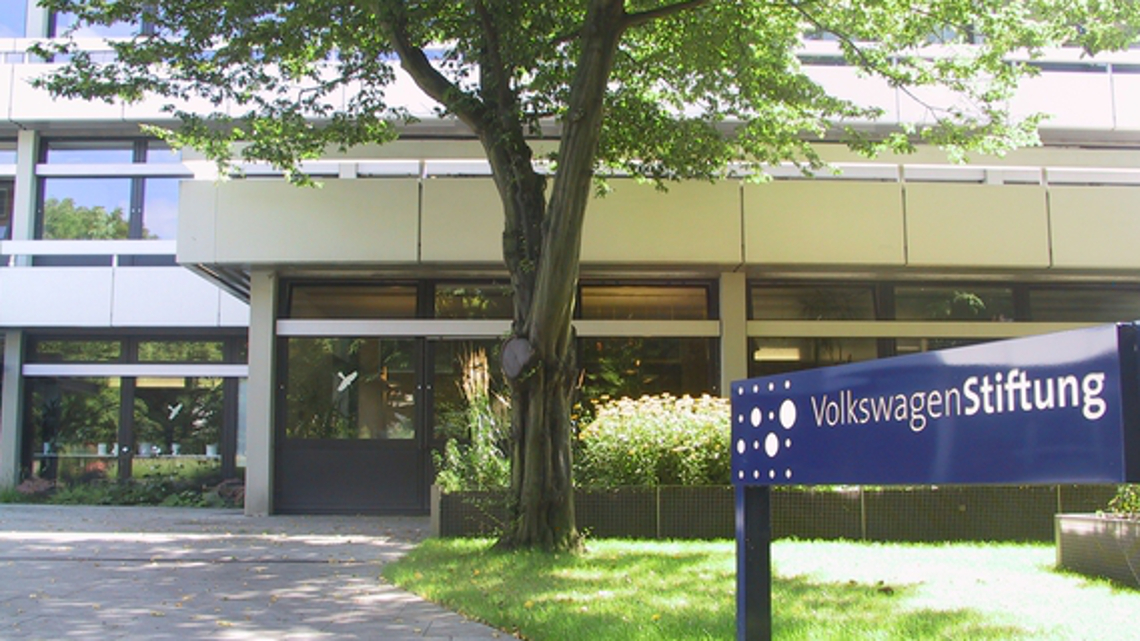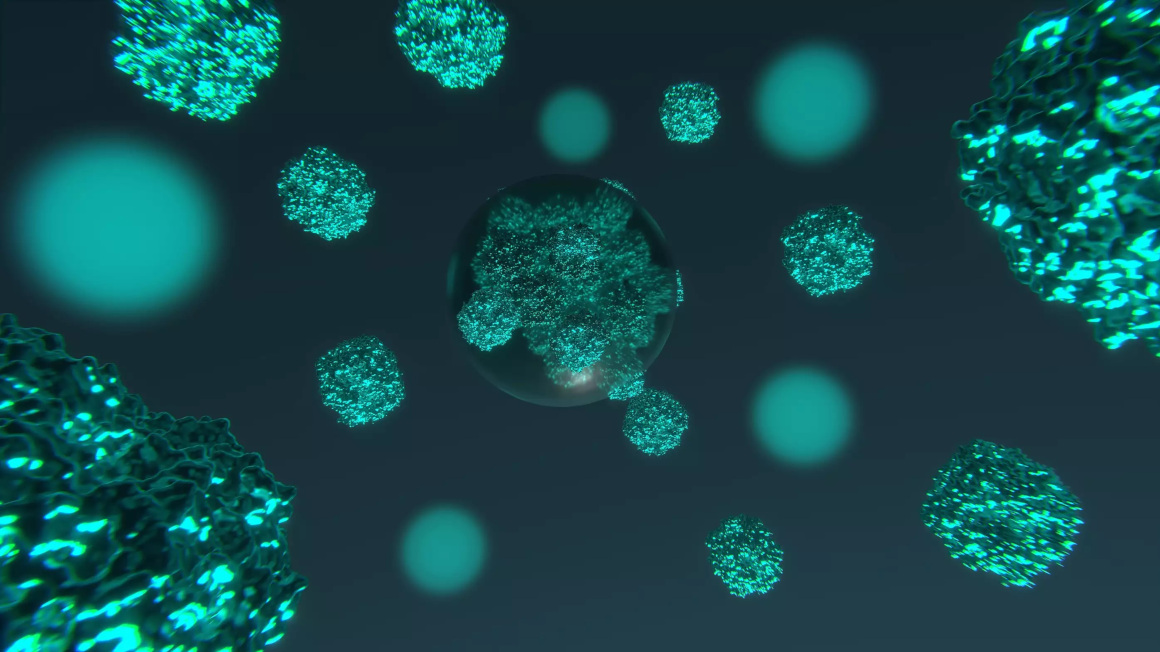Volkswagen Foundation supports ideas for a circular bioeconomy
The Volkswagen Foundation is supporting nine projects that address closed raw material-product cycles with a total of 11.6 million euros - including innovations for the bioeconomy.

Whether in toys, cosmetics, cleaning products or fertilizers: Microplastics are contained in numerous products. These micrometer-sized particles are now not only present in bodies of water, but also in the soil, where they are harmful to plants and animals and thus to ecosystems. As part of the “Circularity with recycled and biogenic raw materials” funding initiative, the Volkswagen Foundation is once again supporting innovations for an environmentally friendly and circular economy. To this end, nine practice-oriented research approaches have been selected that aim to achieve closed raw material-product cycles and are being funded with a total of 11.6 million euros - including three projects related to the bioeconomy. The projects will be supported with up to 1.4 million euros each over a period of four years.
Establishing primordial microbes as a biofactory
The selected bioeconomy projects include the HotCircularity project. Here, researchers led by the University of Duisburg-Essen want to replace microplastics in the coating of fertilizers with biodegradable fat-like substances known as lipids. Thermophilic archaea are to be used to produce these lipids. These ancient microorganisms can grow on waste products such as crude glycerine - a by-product of biodiesel production. As part of their project, the researchers want to optimize the microorganisms and their growth conditions to ultimately create a cost-effective and efficient “biofactory” that produces biodegradable lipids, recycles waste and reduces microplastics in the environment. The research group's work is being funded with 1.4 million euros.
Production of mycelium material and mushroom-based building materials
The Volkswagen Foundation is awarding 1.3 million euros to the MyPro project. A team led by the Fraunhofer Institute for Applied Polymer Research IAP will develop a platform for the sustainable production of mycelium material using genetically modified filamentous fungi.
The use of fungal mycelium is also the focus of the Admiration project, which is being funded with 1.1 million euros. In this project, researchers led by the University of Stuttgart want to develop biodegradable mycelium-based composite materials for the construction industry. “What is new about our approach are methods of synthetic biology and combinatorial processing that change the material properties of mycelium-based materials in such a way that they meet the requirements for various building material classes that have not yet been achievable,” write the researchers.
The Volkswagen Foundation is an independent, non-profit foundation under private law. With a total funding volume of 150 million euros per year, it claims to be the largest private science-promoting foundation in Germany.
bb


